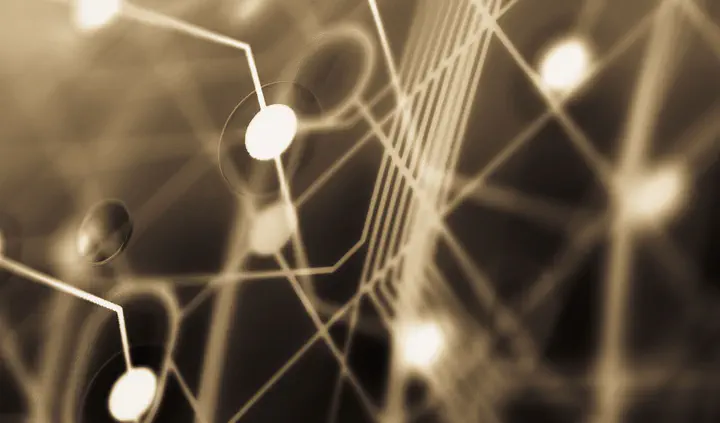SocialSim
Social Simulation for Evaluating Online Messaging Campaigns
 Credit: By GlowArtbox on smarterpix.com.
Credit: By GlowArtbox on smarterpix.com.Synopsis
Bad faith actors routinely leverage the global information environment to further their agendas by manipulating public opinion, for example, via disinformation. Being able to accurately simulate the spread and evolution of information cascading through the online information domain, from the bottom-up and at-scale, would enhance our fundamental undestanding of the nature of the information diffusion phenomenon that emerges. Such understanding could facilitate, for example, the detection, analysis and countering of strategic disinformation campaigns, as well as determining effective approaches in broadcasting critical disaster relief information to local populations in need. DARPA’s SocialSim program aimed at making breakthroughs along this direction.
Our MLRG joined a coalition of institutions, namely, University of Central Florida, University of North Carolina Charlotte, North Carolina State University, University of New York and Northern Illinois University, and participated in SocialSim as a TA1 (simulation) performer.
Over the course of the project, the team pioneered two simulation models, namely the Multi-Action Cascade Model (MACM) and the Multiplexity-Based Model (MBM), which were refined over time to address six challenge problems involving a variety of scenarios and multiple social media platforms. These models demonstrated plausible social dynamics and were among the well-preforming approaches of the SocialSim program.
People
The overall project’s investigating team consisted of its
Dr. Ivan Garibay (University of Central Florida)
Dr. Gita Sukthankar (University of Central Florida)
Dr. Stephen M. Fiore (University of Central Florida)
Dr. Alexander Mantzaris (University of Central Florida)
Dr. Georgios C. Anagnostopoulos (Florida Institute of Technology)
Dr. William Rand (North Carolina State University)
Dr. Joshua Epstein (University of New York)
Dr. John T. Murphy (Northern Illinois University)
Both Xi Zhang and Akshay Aravamudan from our MLRG were involved in various capacities during the course of the project.
Support
Our MLRG’s SocialSim-related efforts were supported by the following grant:
- Anagnostopoulos (Institutional PI), $432,459, Defense Advanced Research Projects Agency (subcontract from UCF), Prime (Federal) Grant No. FA8650-18-C-7823, “Deep Agent: A Framework for Information Spread and Evolution in Social Networks,” 10/10/2017 – 07/31/2021.
The project supported Zhang over its three-and-a-half year course.
Outcomes
Overall our group produced or contributed to one poster presentation and four conference papers related to the SocialSim effort. It is worth mentioning that the work presented in (zhang2020) was selected for inclusion into a DARPA Information Innovation Office (I2O) briefing presented to the US Undersecretary of Defense for Research and Engineering in August in 2020.
Finally, our involvement into SocialSim was a catalyst in us acquiring substantial expertise in modeling event data using temporal point processes.